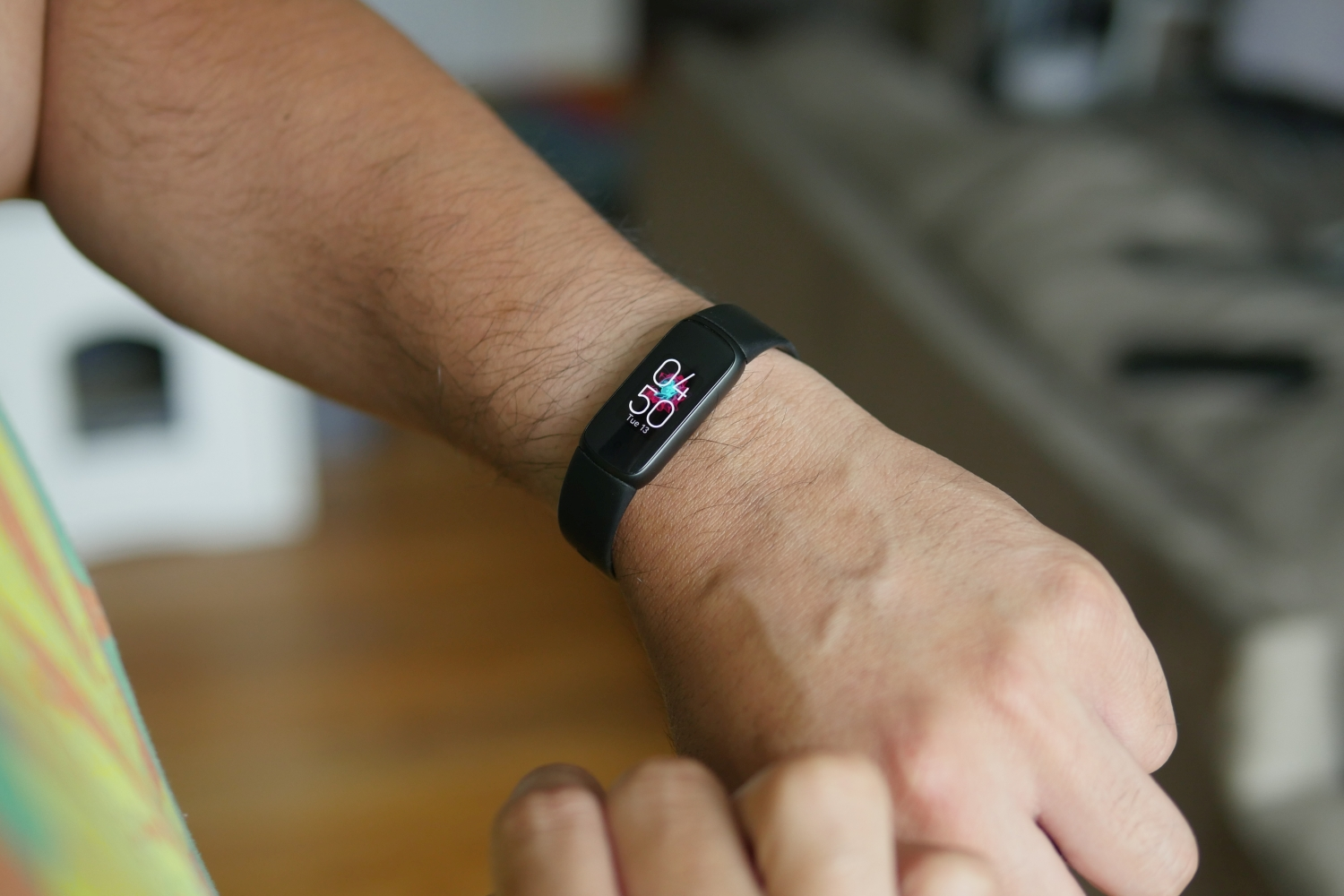Google recently announced its decision to cease Fitbit sales, leaving many fitness enthusiasts and tech-savvy consumers questioning the rationale behind this choice. In this comprehensive article, we will delve into the reasons behind Google’s move and explore the potential implications for both Fitbit users and the broader wearable tech market.
The Rise of Google and Fitbit Partnership
Google’s acquisition of Fitbit in 2019 was met with high expectations and excitement. The collaboration aimed to merge Google’s robust technological ecosystem with Fitbit’s renowned fitness tracking capabilities. Fitbit users anticipated a seamless integration with Google’s services, promising an enhanced user experience.
Data Privacy Concerns

One of the primary reasons for Google ending Fitbit sales revolves around escalating concerns related to data privacy. Wearable devices, particularly fitness trackers, gather an extensive array of personal health and activity data. Google’s commitment to user privacy has been under scrutiny, and the decision to discontinue Fitbit sales might be an effort to address these concerns.
In recent times, tech giants have faced increased scrutiny regarding their handling of user data. With Fitbit collecting sensitive health data such as heart rate, sleep patterns, and exercise routines, Google likely considered the potential implications on user privacy and decided to reassess its approach.
Regulatory Hurdles
The technology landscape is rife with evolving regulatory frameworks, especially concerning data protection and antitrust laws. Google’s decision to end Fitbit sales may also be influenced by the regulatory challenges posed by various jurisdictions. Antitrust concerns regarding Google’s dominance in the tech industry could be a key factor in this strategic move.
By discontinuing Fitbit sales, Google may be attempting to navigate regulatory hurdles more effectively, demonstrating a proactive approach to compliance with evolving legal standards.
Integration Challenges and User Experience
While the initial excitement surrounding the Google-Fitbit partnership was palpable, the execution of seamless integration posed challenges. Users anticipated a unified experience, combining Fitbit’s health and fitness tracking capabilities with Google’s services. However, achieving this integration without compromising user experience proved to be more complex than anticipated.
The decision to end Fitbit sales might signal Google’s intent to reevaluate its strategy and focus on developing a more cohesive and user-friendly ecosystem for wearable devices.
The Future of Wearables and Google’s Role
Despite the cessation of Fitbit sales, Google remains a key player in the wearable tech market. The company has a history of innovation and is likely to channel its resources into enhancing existing products or developing new, cutting-edge wearables that align with evolving consumer needs and technological advancements.
While the announcement of Google ending Fitbit sales has undoubtedly left users and industry observers surprised, the decision is rooted in a combination of data privacy concerns, regulatory challenges, and the need for improved integration. As technology continues to evolve, Google’s strategic moves in the wearable tech space will undoubtedly shape the future landscape of health and fitness tracking devices. Stay tuned for further developments and be prepared for exciting innovations in the realm of wearable technology from Google.




